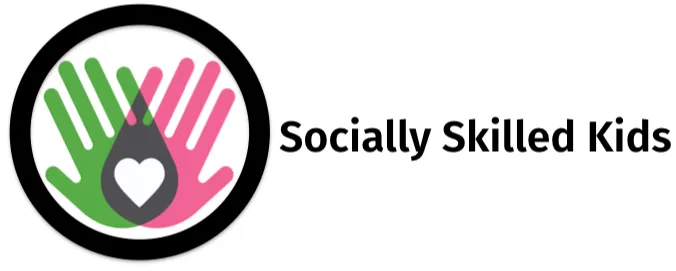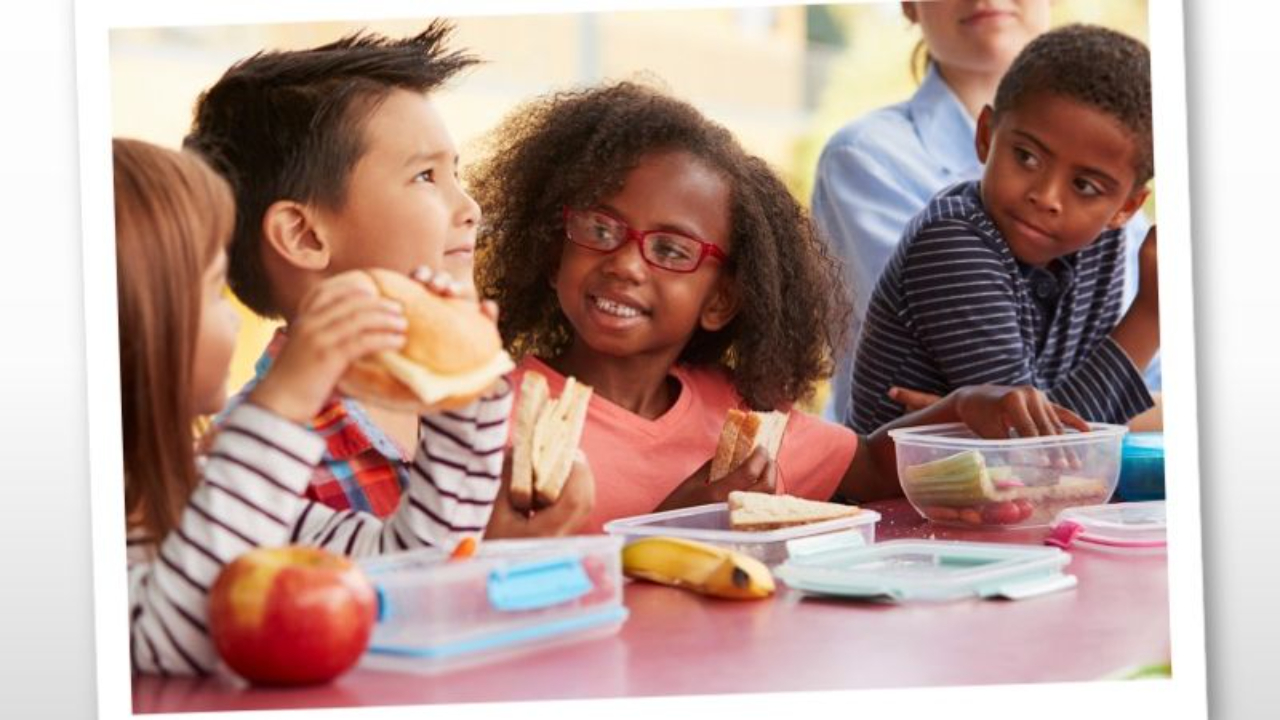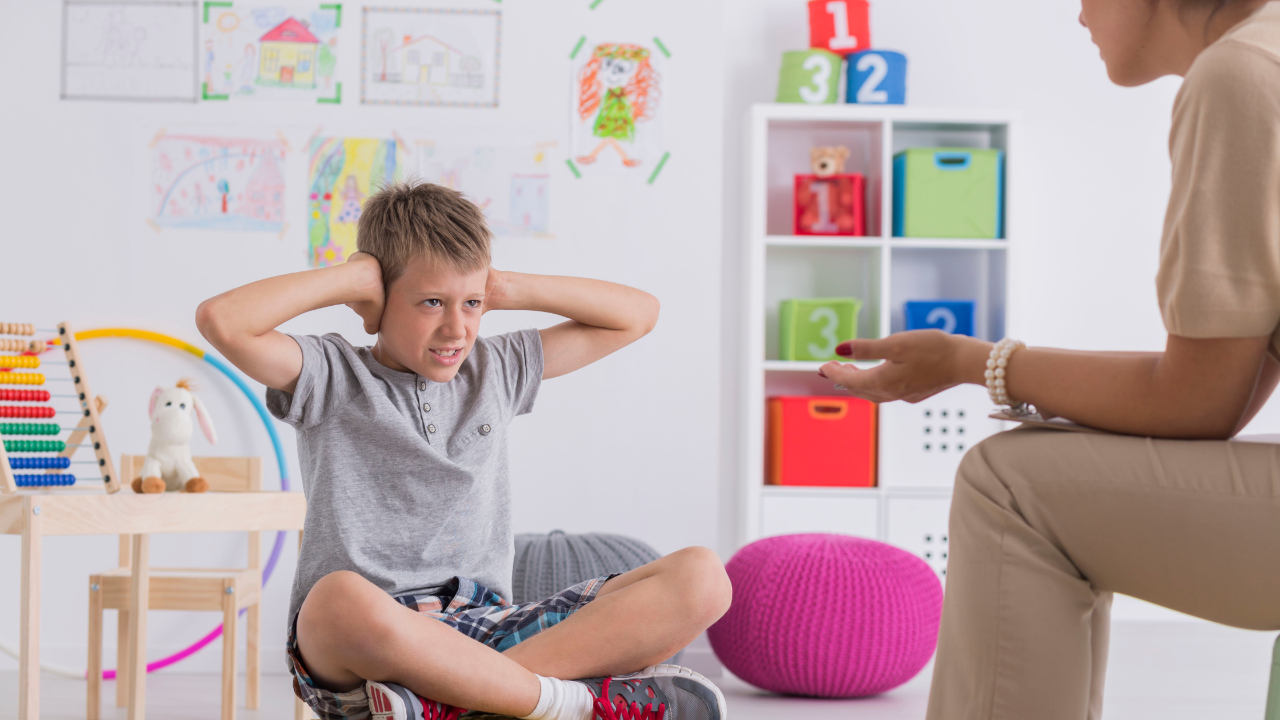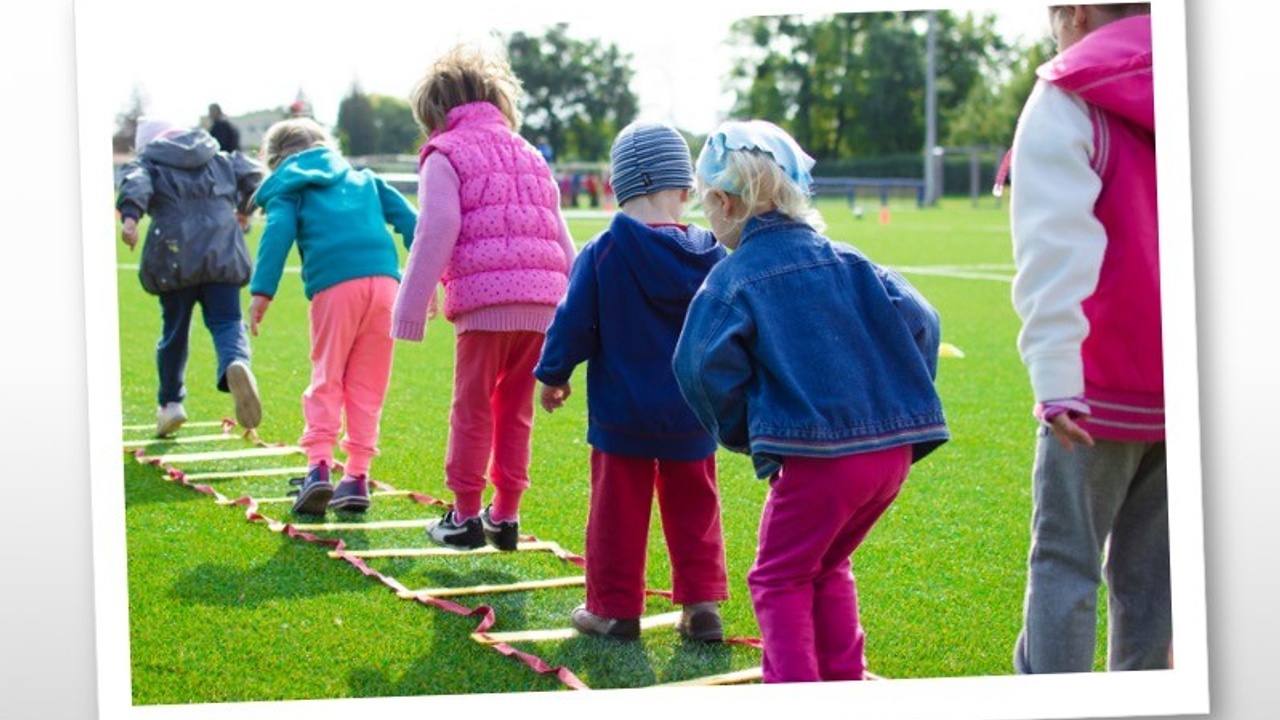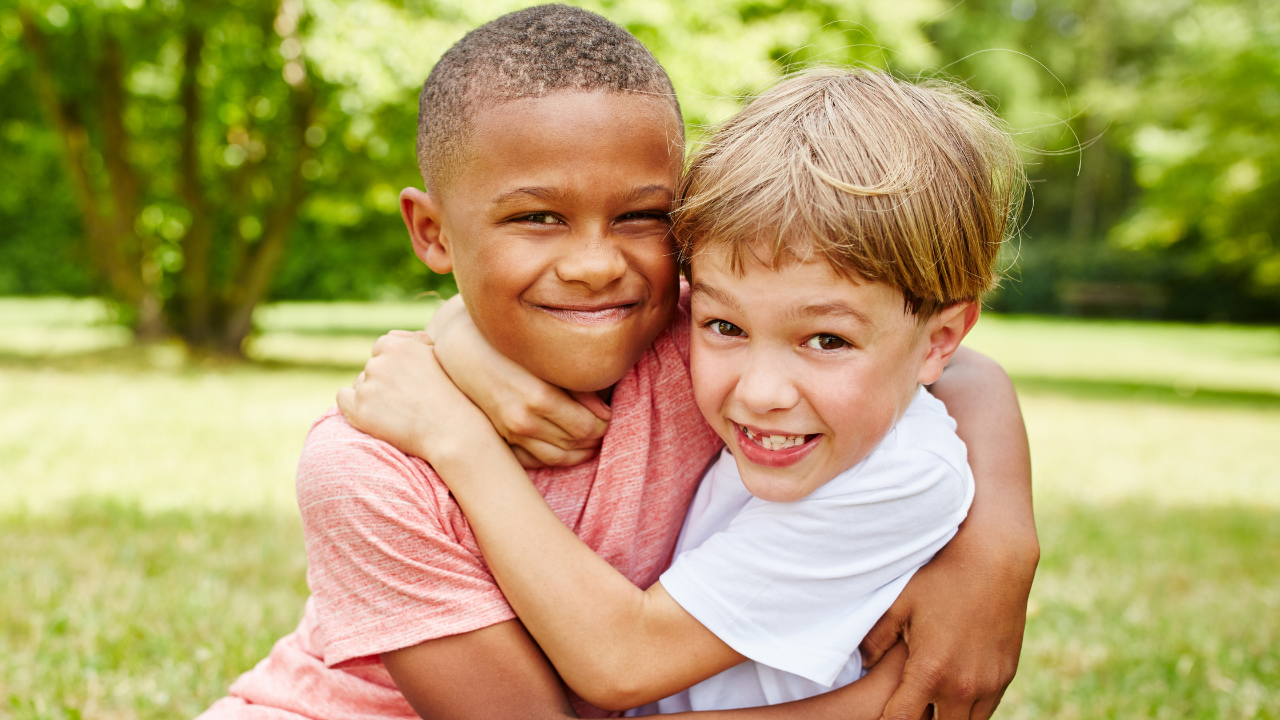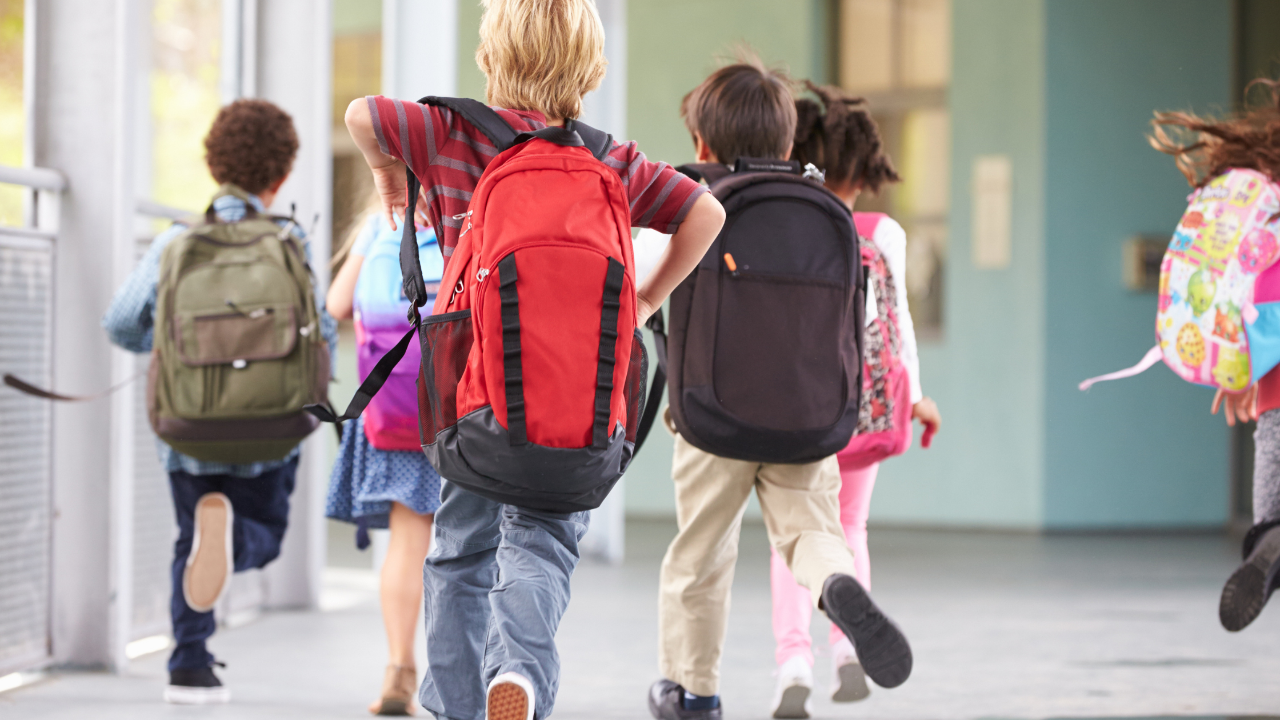The Socially Skilled Kids Blog
How to Teach Students Communication Skills
Jul 16, 2020
How to Respond to the Student Who Always Argues
Jul 16, 2020
Teaching Teamwork and Cooperation Skills to Students
Jul 16, 2020
Back to School! It's Time to Teach Social Skills!
Jul 14, 2020
